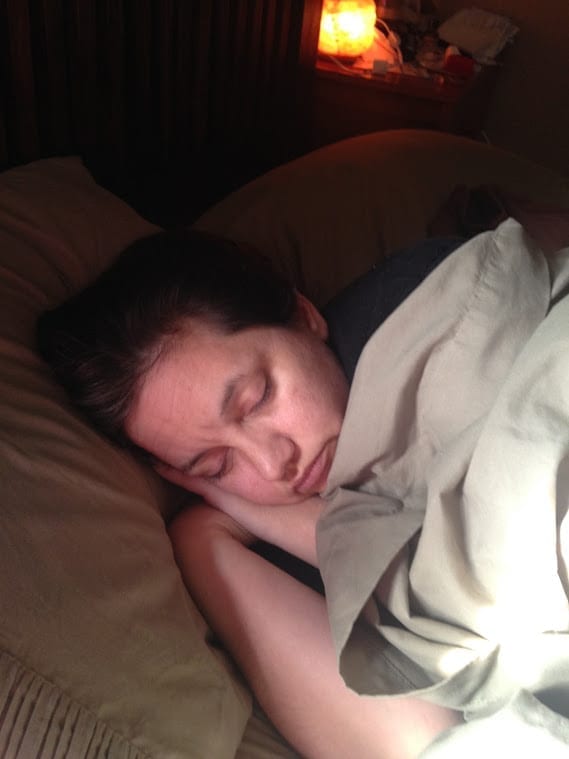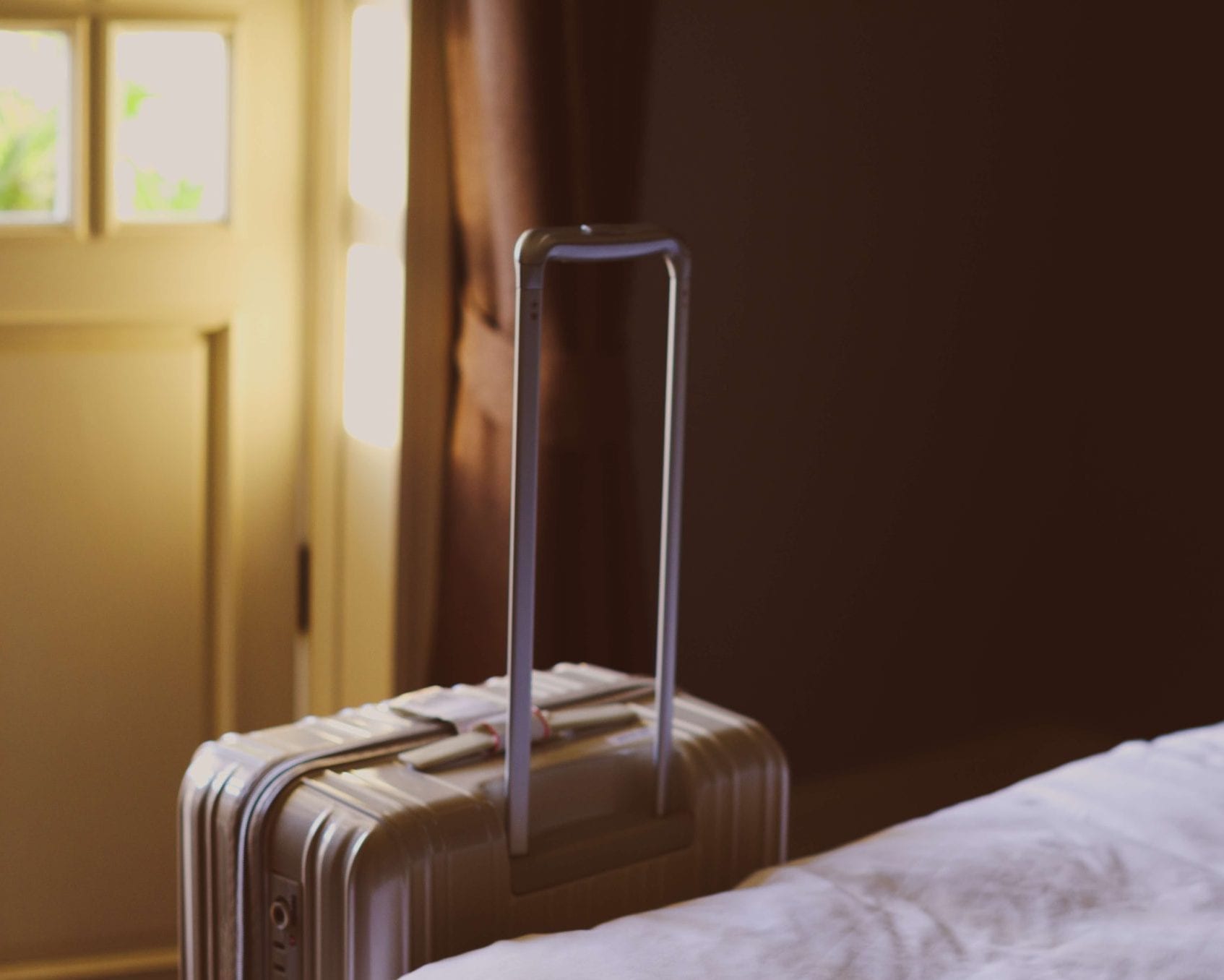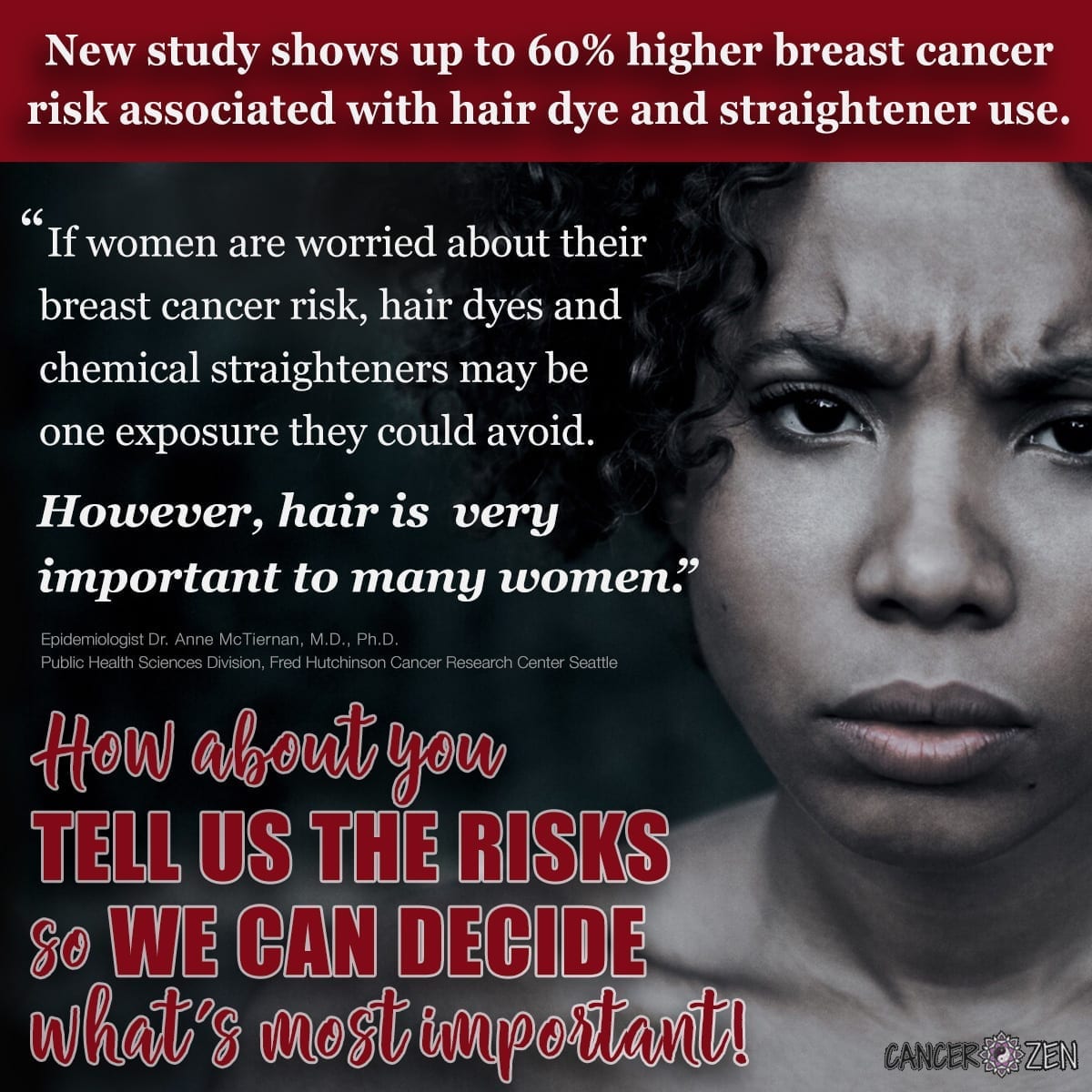
Study Shows Hair Dyes & Chemical Straighteners May Cause Breast Cancer

A study of nearly 47,000 cancer-free women published in the International Journal of Cancer indicates that women who use hair dye and chemical hair relaxer/straighteners could be increasing their risk of breast cancer by up to 60%.
“If women are worried about their breast cancer risk, hair dyes and chemical straighteners may be one exposure they could avoid. However, hair is very important to many women.”
Many hair products contain endocrine-disrupting compounds and carcinogens potentially relevant to breast cancer.
Do Hair Dyes Cause Cancer?
The International Agency for Research on Cancer (IARC) is part of the World Health Organization (WHO). Its major goal is to identify causes of cancer. IARC has concluded that workplace exposure as a hairdresser or barber is “probably carcinogenic to humans,” based on the data regarding bladder cancer. (The evidence for other types of cancer is considered mixed or inadequate.)
The National Toxicology Program (NTP) is formed from parts of several different US government agencies, including the National Institutes of Health (NIH), the Centers for Disease Control and Prevention (CDC), and the Food and Drug Administration (FDA). The NTP has classified some chemicals that are or were used in hair dyes as “reasonably anticipated to be human carcinogens.”
Are Hair Dyes Regulated?!
In the United States, the Food and Drug Administration (FDA) regulates the safety of cosmetics, including hair dyes, but there are limits on what the FDA can do. The FDA does not approve each ingredient used in hair dyes before it goes on the market, and in general the responsibility for the safety of products and ingredients falls to the manufacturers. Yes, the companies that make hair dyes self-regulate the safety of their own products.
- The FDA can take action only AFTER cosmetics are proven harmful or in violation of the law (such as being mislabeled).
- This only applies to new ingredients used in hair dyes as the older ingredients still in use in hair dyes were excluded when the FDA was given the power to regulate them.
- If cosmetics (including hair dyes) or their ingredients are found to be unsafe, the FDA can request that the company recall the product, although it can’t require a recall.
So should I limit my exposure to hair dye?
Cancer.org says: more studies are needed to help clarify this issue.
Cancerzen.com says Yes! Yes, you probably should. But, if its that one thing you can’t do without – so be it. If you make every effort at clean living in the other areas of your life, you are well on your way. And eventually, there will be newer hair dye products that are vegetable based and less dangerous available.
Stay well!
Read the article at Forbes. Originally posted on Dec 4, 2019, by Victoria Forster, cancer research scientist, childhood cancer survivor, and healthcare contributor at Forbes.
Resources:
Read the study originally published on Dec 3, 2019 at the International Journal of Cancer
What Causes Cancer: Hair Dyes at Cancer.org
Known and Probable Human Carcinogens at Cancer.org
Related:
Potentially dangerous microbes in common makeup items
Cancer-causing chemicals in nail salons
Photos:
@k80denight and @albertolopezphoto via Twenty20


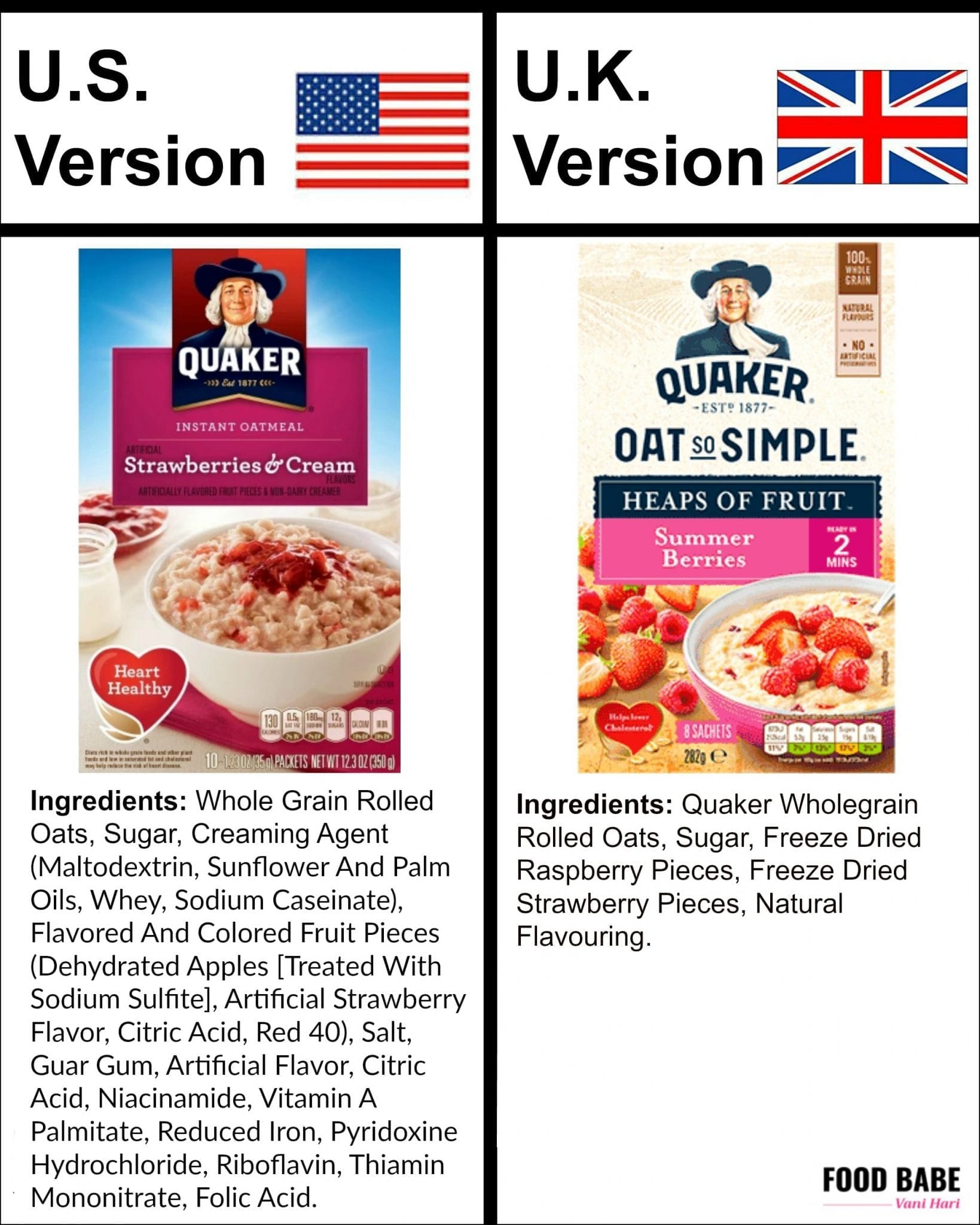
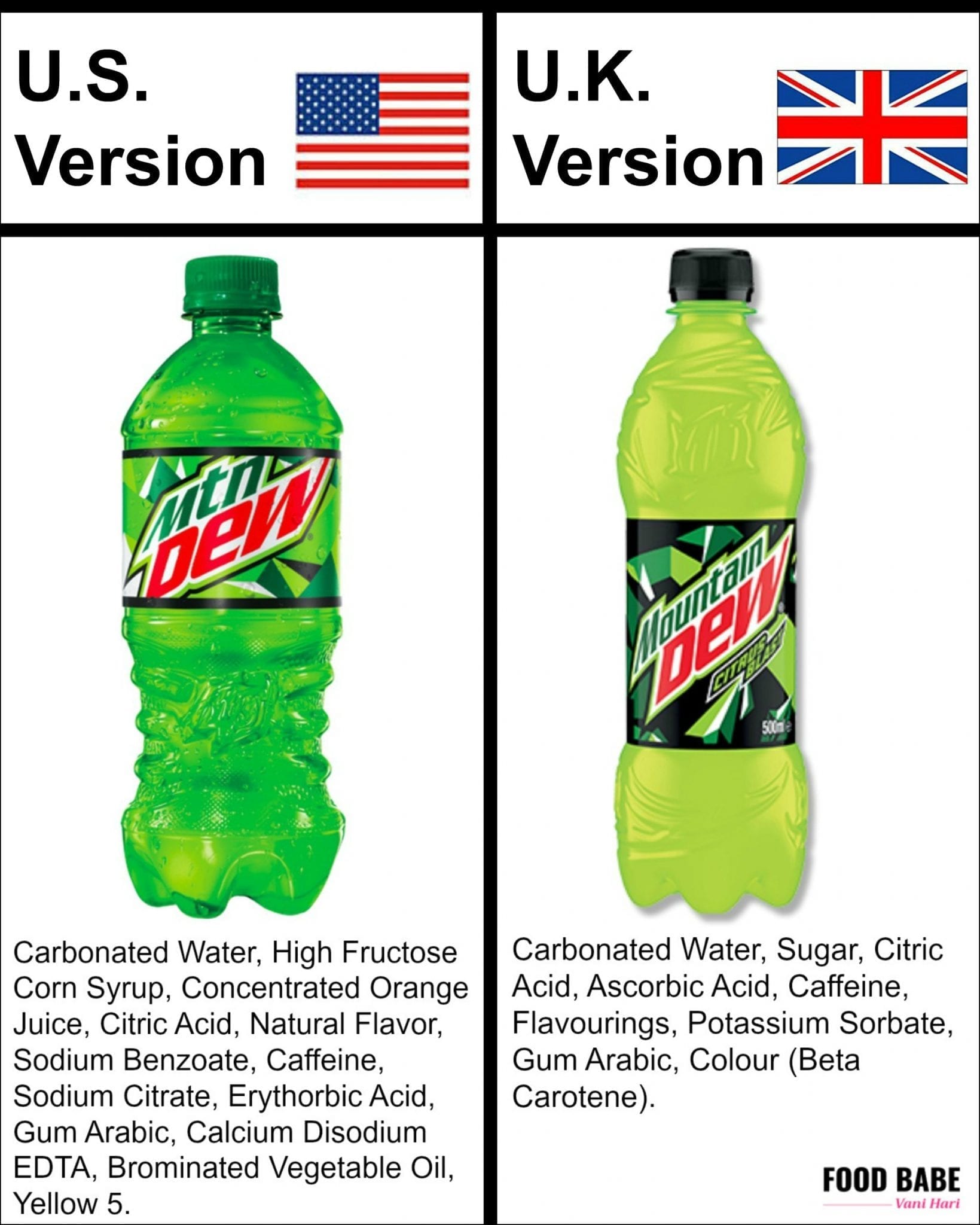
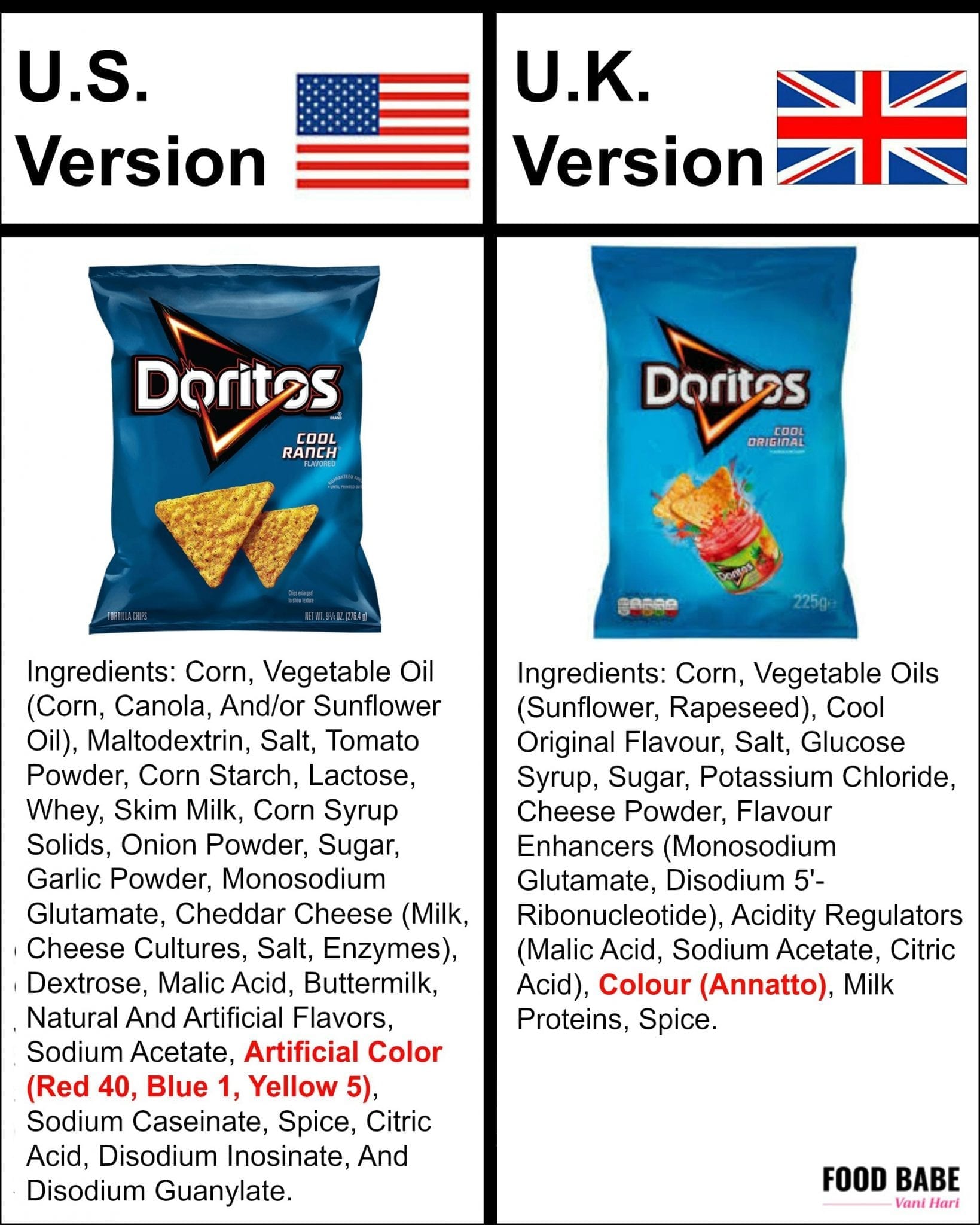








































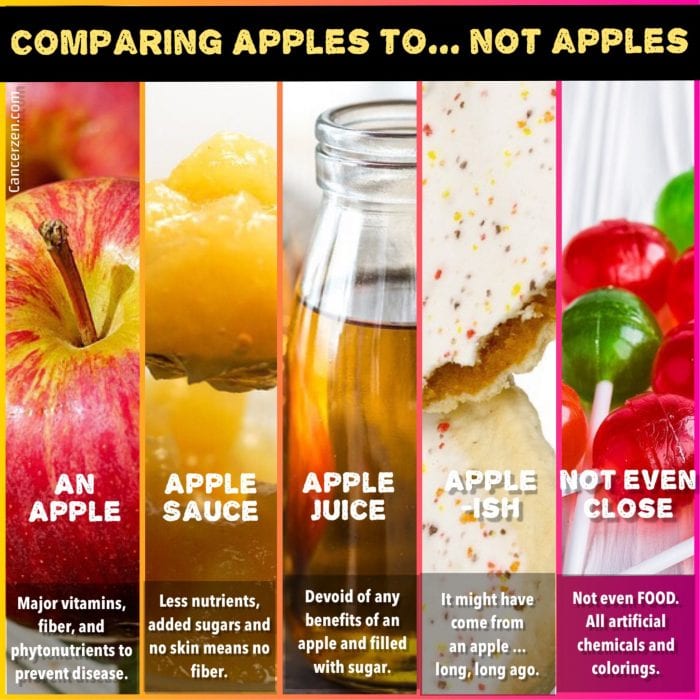
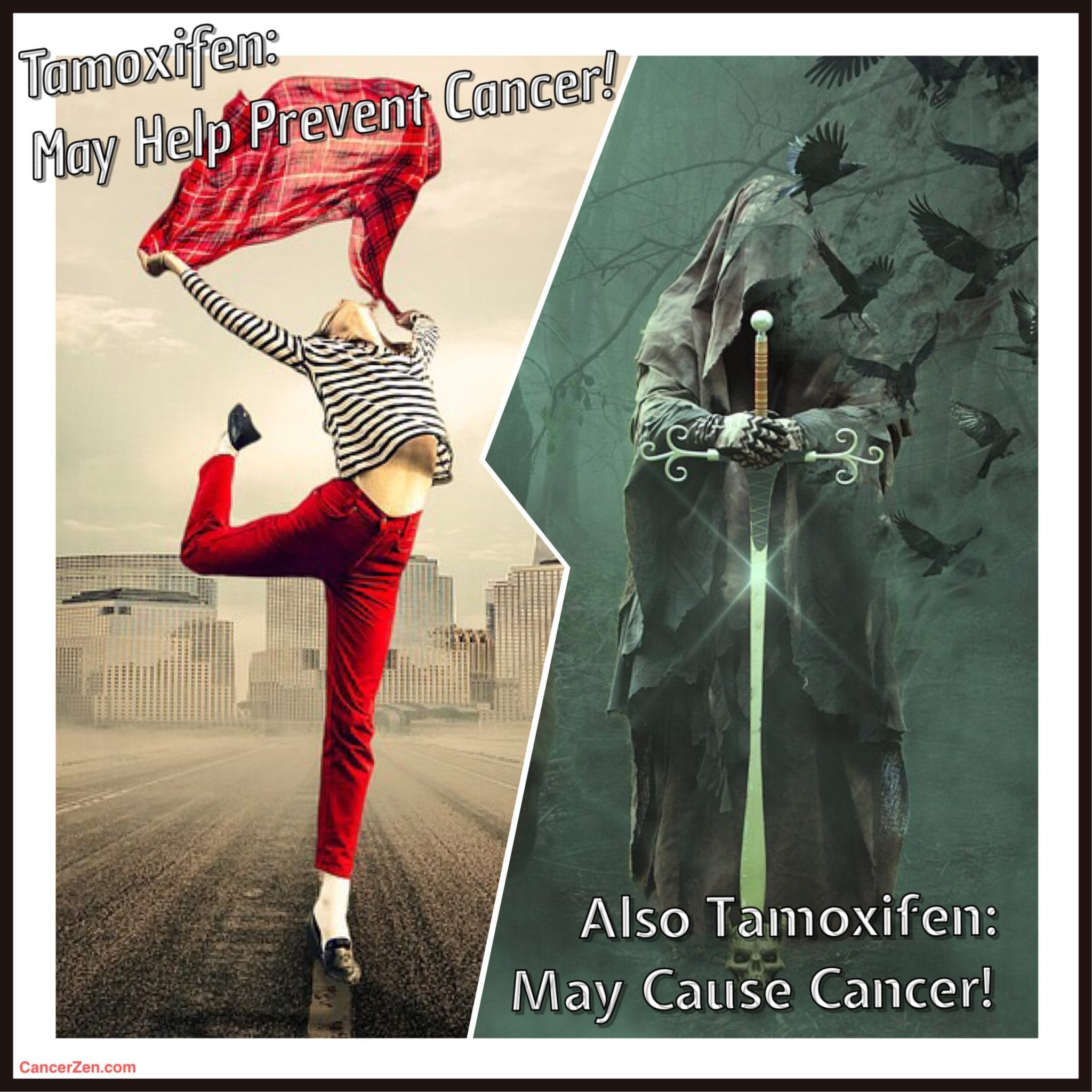

 Turns out, the assessment provided by Germany was heavily plagiarized, literally copy-and-pasted from Monsanto’s own agri-chemical industry reports! The scale of plagiarism was extremely alarming; more than 50 percent of the chapters were plagiarized, including whole pages of text.
Turns out, the assessment provided by Germany was heavily plagiarized, literally copy-and-pasted from Monsanto’s own agri-chemical industry reports! The scale of plagiarism was extremely alarming; more than 50 percent of the chapters were plagiarized, including whole pages of text.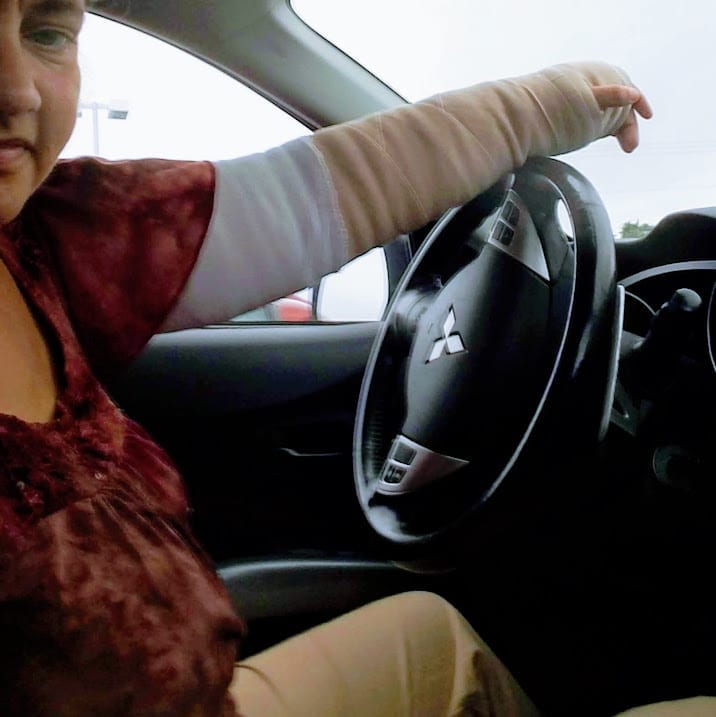
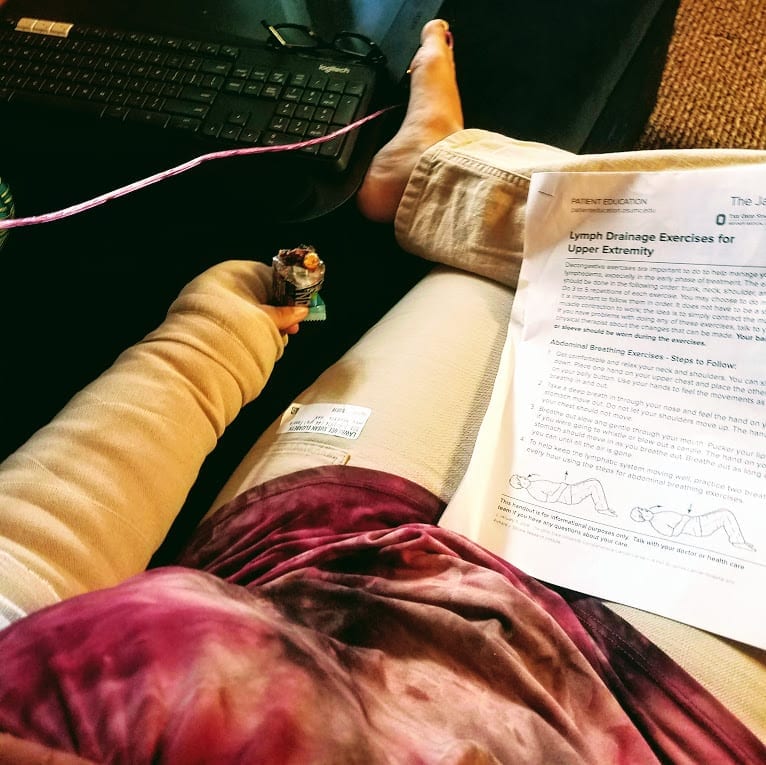
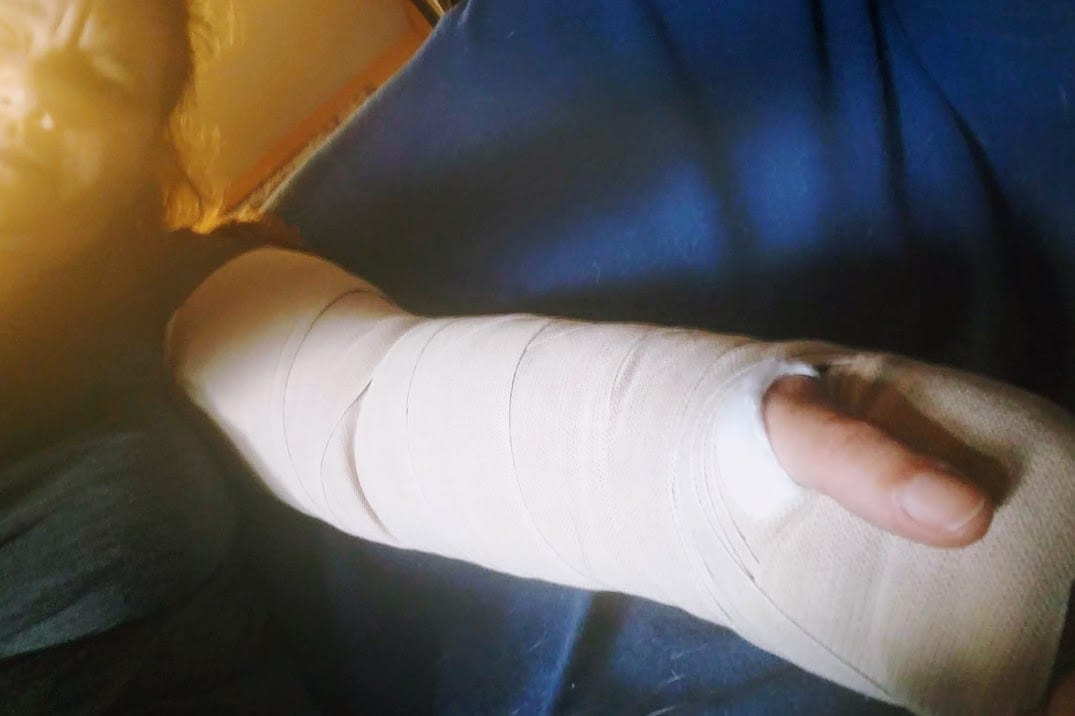
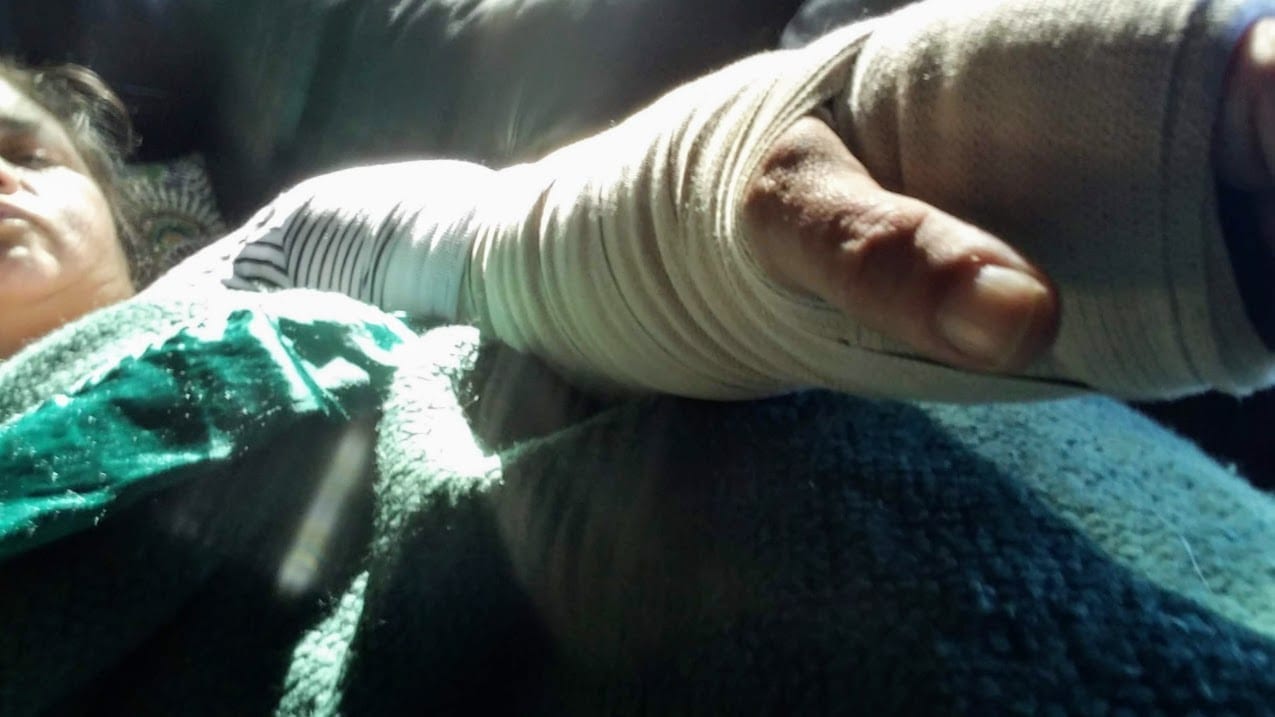

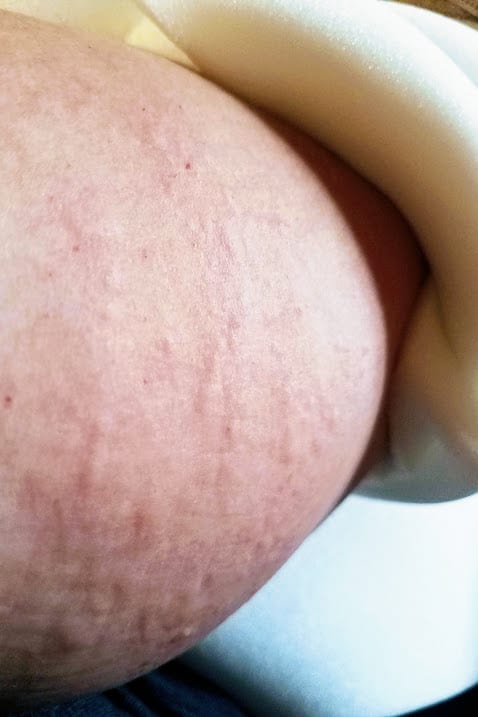
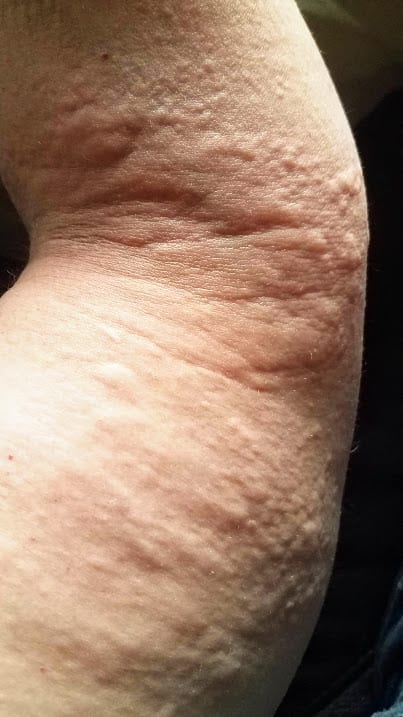
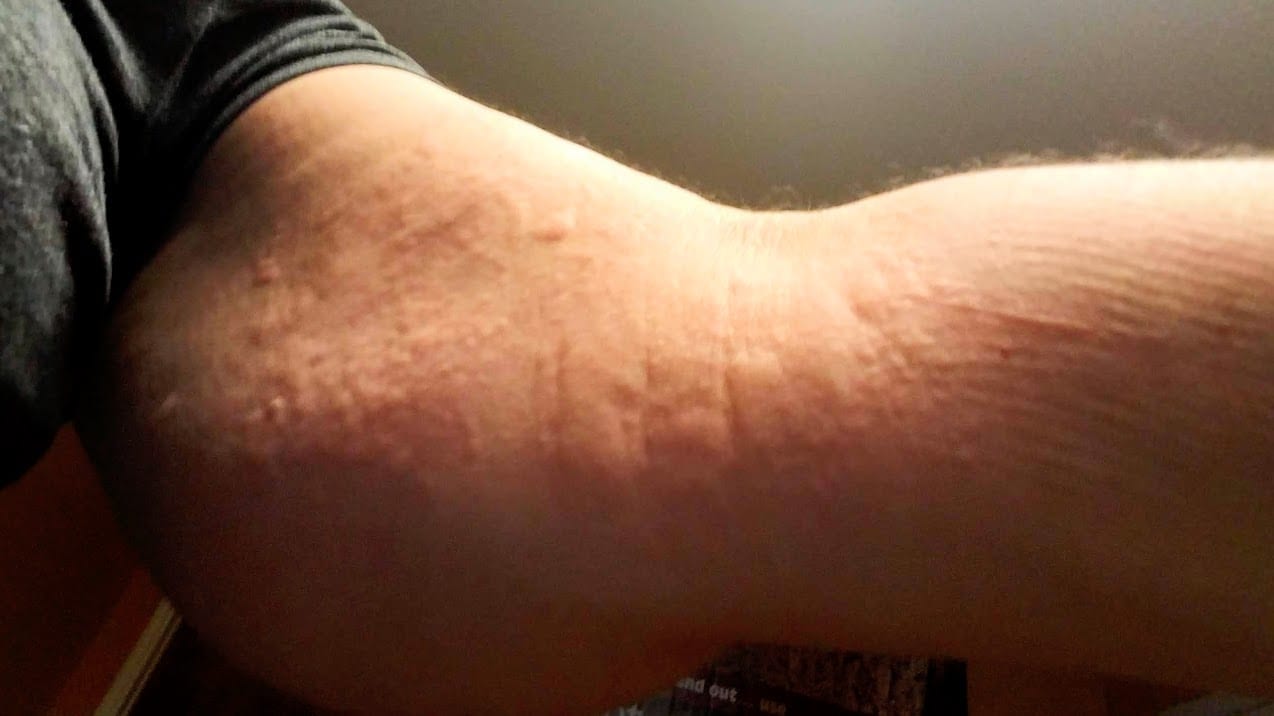
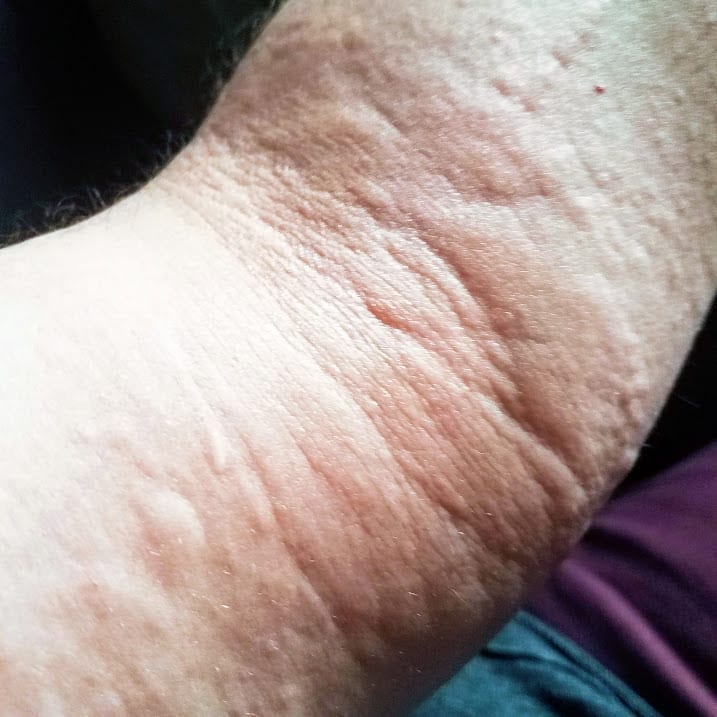
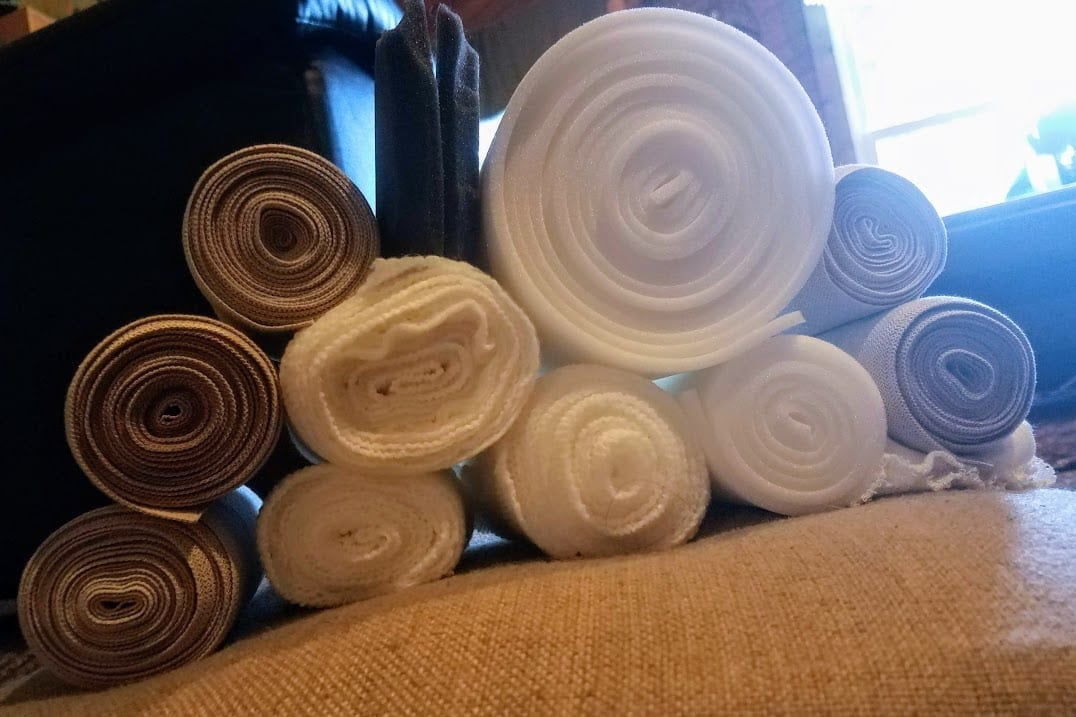
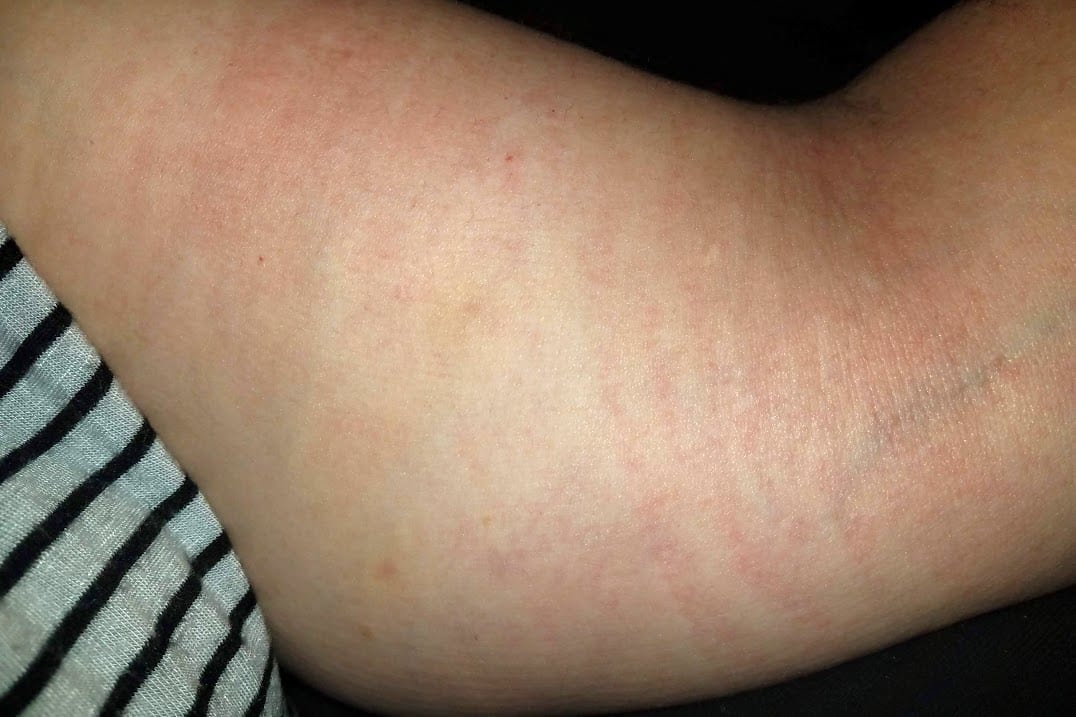





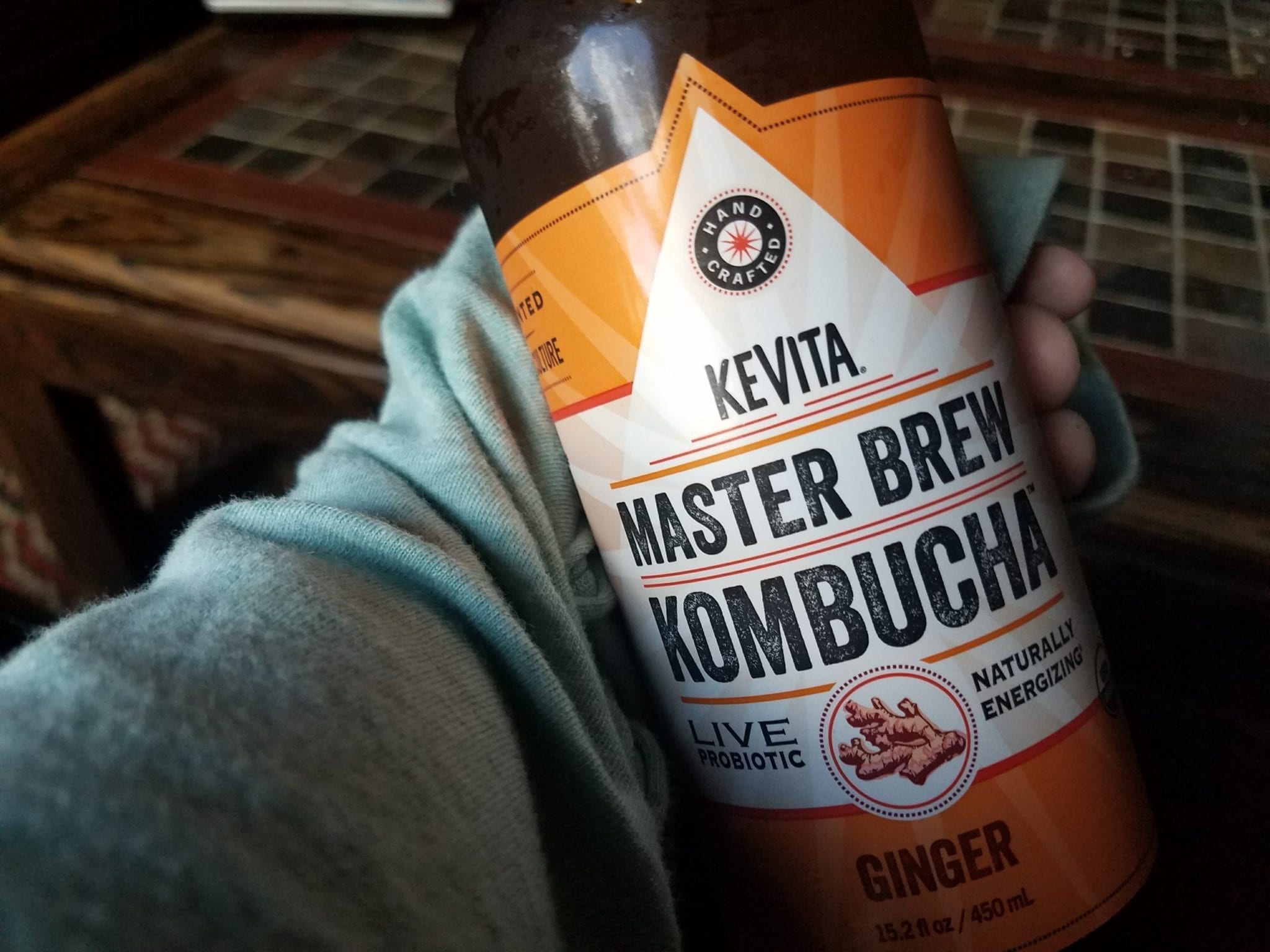



 Some periods of time are just too stressful or painful to keep track of. Just keep going. Pause, then keep going. It will get better.
Some periods of time are just too stressful or painful to keep track of. Just keep going. Pause, then keep going. It will get better.
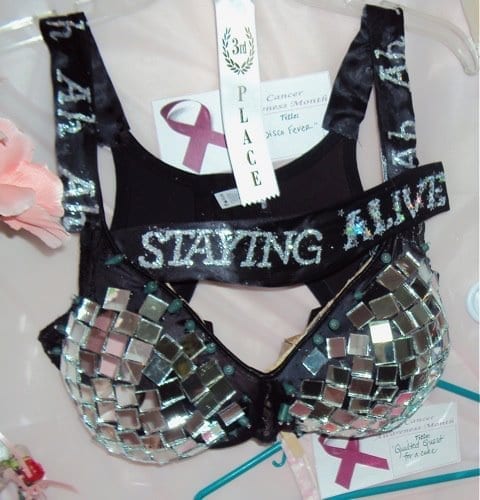
 Third Place Winner at SOS contest at the Baum Center. Made by my friend Nancy Proctor’s sister Michele while visiting last week. And dedicated to me! as I posted today that I am cancer-free.
Third Place Winner at SOS contest at the Baum Center. Made by my friend Nancy Proctor’s sister Michele while visiting last week. And dedicated to me! as I posted today that I am cancer-free.
 So my husband’s cousin owns (the best) breakfast spot in Boston, In a Pickle. This year he had his staff paint his restaurant pink! What an honor to be included. Thanks, Tim!
So my husband’s cousin owns (the best) breakfast spot in Boston, In a Pickle. This year he had his staff paint his restaurant pink! What an honor to be included. Thanks, Tim!
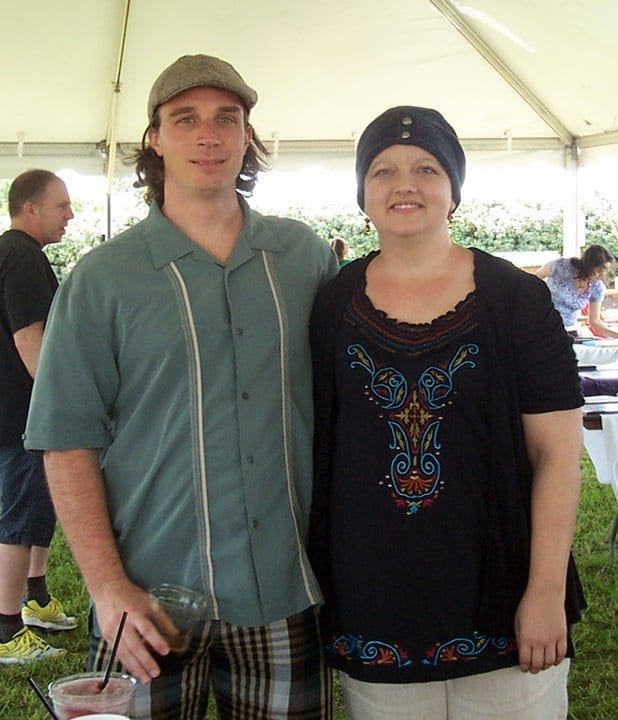
 I had the most wonderful day ever today! Family, friends and Rubber Pants! Good times!! Thank you so much to everyone who came out. We are humbled and overwhelmed. … now for a much needed nap…
I had the most wonderful day ever today! Family, friends and Rubber Pants! Good times!! Thank you so much to everyone who came out. We are humbled and overwhelmed. … now for a much needed nap…























